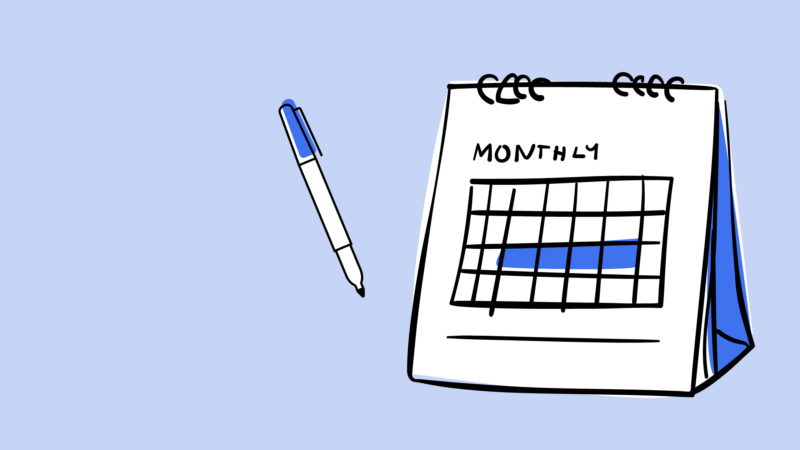The Pearson Test of English (PTE) Academic is a critical exam for non-native English speakers aiming to study or live in an English-speaking environment. Its comprehensive nature, evaluating reading, writing, listening, and speaking skills, often makes it a formidable challenge for many.
However, with the right approach and preparation, excelling in this exam is achievable. This blog post aims to demystify the PTE Exam and offer practical and effective preparation tips. By understanding the exam’s structure, identifying personal weaknesses, and adopting a targeted study approach, you can transform this challenge into an opportunity for success.
Understand the PTE Exam Format
The PTE Exam is divided into three main parts: speaking and writing (combined), reading, and listening. Each section assesses different language skills. For instance, the speaking and writing section tests your ability to articulate thoughts in English and construct coherent, grammatically correct sentences.
The reading section examines your comprehension abilities, while the listening section assesses how well you understand spoken English. A thorough understanding of this format is not just beneficial, it’s essential.
It allows you to strategize effectively, dedicating time and effort to each section according to its demands and your proficiency. This insight helps in preparing systematically, ensuring no aspect of the exam catches you off guard.
Know Your Weaknesses

Identifying and acknowledging your weaknesses in language skills is a pivotal step in your PTE preparation. This self-assessment guides you to allocate more time to areas that need improvement. For example, if you struggle with oral fluency, focus more on speaking exercises. Similarly, if comprehension is your weak spot, immerse yourself in extensive reading and listening practices.
Being honest about your weaknesses allows for a targeted approach in your preparation, making your study time more effective. It also helps in overcoming the anxiety associated with these areas, as you gradually build confidence through focused practice. To better understand your weaknesses you should try to do a PTE practice test which you can find on this website.
Set Clear Goals
Setting clear, achievable goals is crucial for effective PTE preparation. These goals should be specific, measurable, attainable, relevant, and time-bound (SMART). For instance, aim to improve your reading speed by a certain number of words per minute within a month or expand your vocabulary by learning a set number of new words weekly.
Clear goals serve as motivation and help in tracking your progress. They encourage a focused approach to preparation, where you can see tangible improvements, enhancing your confidence and drive to succeed.
Utilize Official PTE Practice Materials
It is highly recommended to use official PTE practice materials during your preparation. These materials are designed to mirror the actual exam format and difficulty level. They provide a realistic idea of what to expect and help in familiarizing yourself with the types of questions asked.
Official materials are also reliable indicators of your current skill level and areas needing improvement. Regular practice with these resources gradually builds your competence and confidence, making you well-prepared for the exam.
Develop a Study Plan

Developing a structured study plan is essential for efficient preparation. This plan should allocate time to each section of the PTE Exam, with additional emphasis on your weaker areas. Incorporate a mix of learning activities like reading, listening to English podcasts, practicing speaking, and writing essays. Effective time management within this plan is key.
Balance your study routine with breaks and recreational activities to avoid burnout. A well-structured study plan ensures comprehensive coverage of all exam sections, maximizing your chances of a high score.
Practice Regularly
Consistent practice is the cornerstone of mastering any skill, and this holds true for the PTE Exam as well. Allocate time daily or weekly to practice each section of the exam. This could include reading English newspapers, practicing essay writing, or listening to English language podcasts and news. Regular practice not only enhances your language proficiency but also builds familiarity with the exam format.
It helps in identifying recurring patterns in questions and refining your test-taking strategies. The more you practice, the more natural and less intimidating the test will feel, significantly boosting your chances of success.
Take Mock Tests
Incorporating mock tests into your study plan offers immense benefits. They simulate the real exam environment, helping you to adapt to the time constraints and pressure of the PTE Exam.
Mock tests provide a practical experience of what to expect, revealing areas where you excel and where you need more practice. They also help in developing effective time management skills, a crucial aspect of the exam. Regularly taking mock tests can significantly improve your performance, making you more comfortable and efficient on the actual test day.
Focus on Weak Areas

Allocating extra time to your weak areas is essential. For instance, if you find speaking challenging, practice it more often, record yourself, and analyze your performance. If writing is your weak spot, write more essays and seek feedback.
Employ specific strategies to improve these skills, such as expanding your vocabulary, practicing pronunciation, or learning new grammar rules. Focusing on these areas not only improves your overall language proficiency but also boosts your confidence in handling the exam’s tougher segments.
Seek Professional Help
Sometimes, self-study might not be enough, and seeking professional guidance becomes necessary. Tutors specialized in PTE preparation can provide personalized advice and strategies based on your strengths and weaknesses.
They can offer insights that are not evident in self-study, such as nuances in pronunciation or writing style. Professional guidance can fast-track your learning process and provide you with the expertise and confidence needed to excel in the exam.
Manage Test-Day Stress
Managing stress on the day of the exam is crucial for optimal performance. Prepare a routine that includes a good night’s sleep, a healthy breakfast, and relaxation techniques like deep breathing or meditation.
Familiarize yourself with the test center environment beforehand to avoid last-minute anxiety. Staying calm and focused during the exam is key to recalling what you’ve learned and applying it effectively. Remember, a well-rested mind performs significantly better under stress.
Conclusion

Succeeding in the PTE Exam is a blend of understanding the exam format, recognizing your weaknesses, setting achievable goals, and following a structured study plan. Utilizing official practice materials, regular practice, and taking mock tests are essential steps in your preparation journey.
Focusing on your weak areas, considering professional guidance, and managing test-day stress can further enhance your readiness. Effective preparation is the key to turning the challenge of the PTE Exam into a stepping stone for success.
Related Posts:
- Building An Effective Digital Marketing Budget: 10…
- The Art of Roulette: Why the Game's Challenge Is…
- 10 Effective Ways to Crush Your Competition with…
- How to Do Mold Testing With Tips for Success - A…
- How to Respond to a Debt Collection Letter: 10 Legal…
- How to Write a Business Plan for a Loan: Tips for Success













